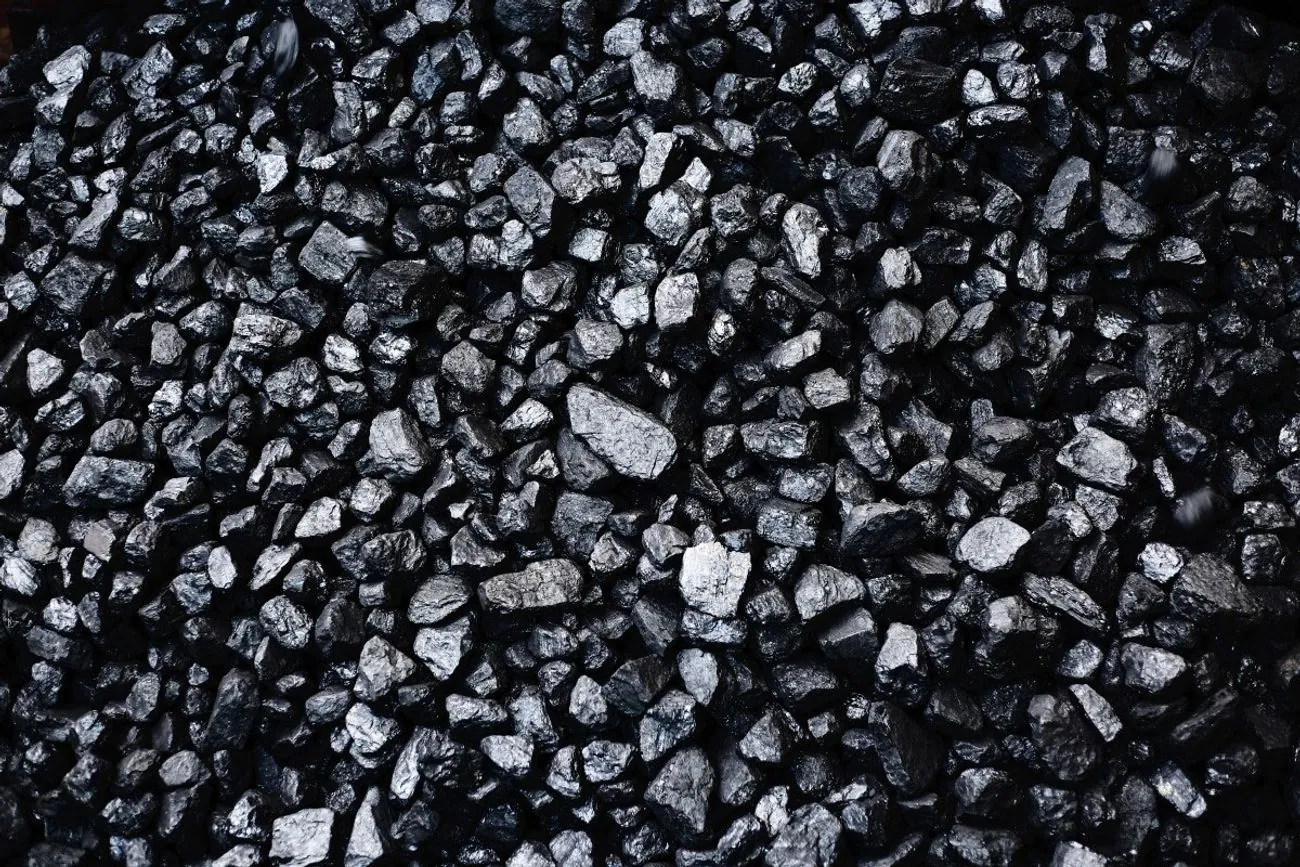“Under pressure from high borrowing costs and sanctions: Russia’s coal industry in crisisThe Russian coal industry is experiencing a crisis due to high borrowing costs, sanctions, and falling demand in China. Only half
of the companies remain profitable, and some mines have suspended production.
”, — write: unn.ua
DetailsAccording to the Federal State Statistics Service, only half of Russian coal companies remained profitable in 2024, and the situation continues to worsen. One of the leading coal companies, PJSC Mechel, announced on June 30 that it could cut sales by a quarter this year and has already begun to reduce production volumes, as each newly mined ton deepens losses. Some mines in Siberia have had to suspend production.
A key problem for the industry is the inability to secure equipment after three years of technological sanctions, according to representatives of two leading coal companies who wished to remain anonymous because the information is not public. Miners often have to resort to a form of “cannibalization” — taking equipment from several facilities to assemble a single working unit at one facility that can ensure the lowest possible production costs while simultaneously reducing production volumes, they said.
At the same time, companies face borrowing costs exceeding 20%, which further reduces profitability, while coal prices have fallen to multi-year lows due to reduced demand from China.
“The coal industry has faced what can be called a perfect storm: all problems have converged at once,” said Natalia Zubarevich, a specialist in Russian regions at Moscow State University.
Although Russian dictator Vladimir Putin has praised the economy’s resilience to international sanctions, the situation in the industry highlights the cumulative impact of sanctions in certain sectors more than three years after the Kremlin’s invasion of Ukraine.
Although officials have argued in recent weeks about the economic outlook, the steel plant PJSC Severstal has already warned that some metal producers may be forced to stop production amid falling domestic demand due to slowing construction.
AddendumAccording to the publication, until 2022, the coal industry largely depended on mining equipment from Europe, the USA, and Japan. Technological restrictions for Russia since the beginning of the war have cut off access to these critical supplies.
Initially, there was hope that Chinese suppliers would be able to fill the gap created after the withdrawal of Western companies. However, according to people familiar with the situation, the quality of Chinese equipment often does not meet industry expectations, and its availability remains limited. In many cases, orders must be placed years in advance, they said.
Coal mining is also particularly capital-intensive. Before the war, leading producers could finance their operations at rates up to 3% through European banks or by issuing Eurobonds, but this financing path is now closed.
The European Union, which previously accounted for about half of the country’s coal exports, banned supplies in 2022, forcing Russian companies to redirect volumes to China. However, this year, demand for fuel in the Asian country has decreased, increasing pressure.
Although coal accounts for less than 0.5% of Russia’s gross domestic product, it helps produce more than 15% of the country’s electricity and plays a key role in maintaining socio-economic stability.
ContextIf the situation persists, the losses of Russian coal producers this year could more than double, reaching 350 billion rubles ($4.5 billion), Russian media previously reported, citing data from the Ministry of Energy. Debt remains a key problem, with the total burden expected to reach 1.4 trillion rubles.
In May, the Russian government announced measures to support the industry. These included a deferral of mineral extraction tax and insurance premiums until December, subsidies for part of logistics costs, and compensation for some transport tariffs.
Although these steps are helpful, they are not enough to solve the crisis, say representatives of mining companies. They said they still hope that a hot summer in China will increase demand and provide at least some relief.
